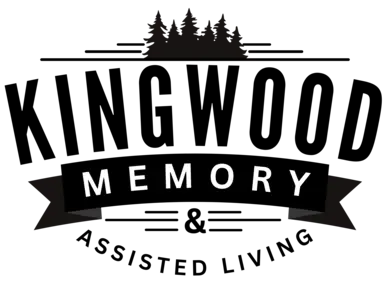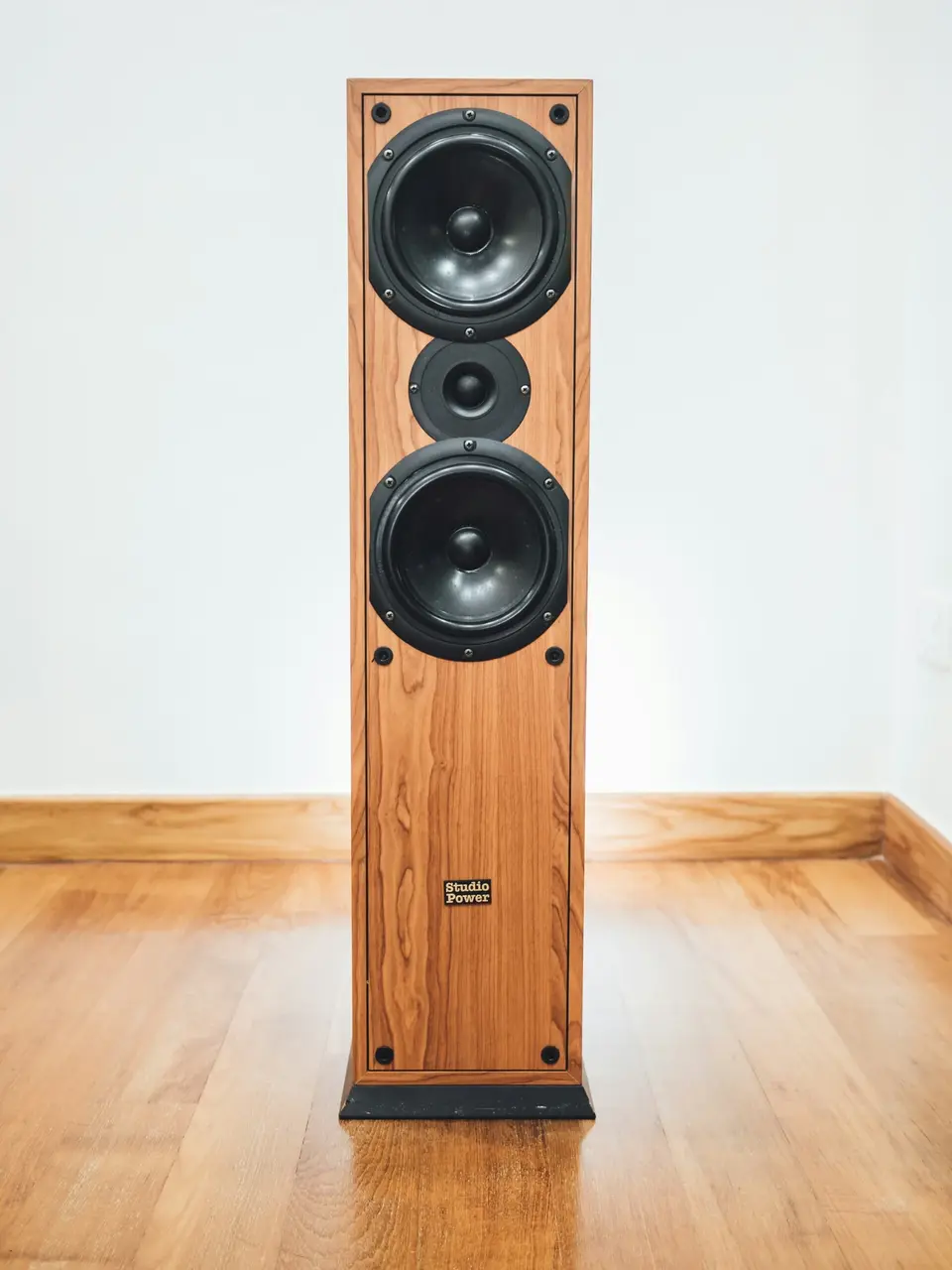Frontotemporal dementia (FTD) is a diverse group of neurodegenerative disorders characterized by progressive degeneration of the frontal and temporal lobes of the brain, resulting in changes in behavior, personality, language, and executive function. FTD represents a significant challenge for patients, caregivers, and healthcare professionals due to its heterogeneous clinical presentation, variable disease course, and limited treatment options. This comprehensive analysis explores the clinical features, underlying pathology, diagnostic criteria, and management strategies for FTD, providing insights into this complex and debilitating condition.
Clinical Features
- Behavioral Variant FTD (bvFTD):
Behavioral variant FTD is the most common subtype of FTD, characterized by changes in behavior, personality, and social cognition. Individuals with bvFTD may exhibit disinhibition, impulsivity, apathy, social withdrawal, and emotional blunting. Behavioral symptoms often precede cognitive decline, posing challenges for early diagnosis and intervention.
- Primary Progressive Aphasia (PPA):
Primary progressive aphasia encompasses a spectrum of language disorders associated with FTD, including non-fluent/agrammatic variant PPA, semantic variant PPA, and logopenic variant PPA. Non-fluent/agrammatic variant PPA is characterized by effortful speech, agrammatism, and impaired grammatical processing, while semantic variant PPA involves word-finding difficulties, semantic memory impairment, and anomia. Logopenic variant PPA is characterized by word retrieval difficulties, phonological errors, and impaired repetition.
- Frontotemporal Dementia with Motor Neuron Disease (FTD-MND):
Frontotemporal dementia with motor neuron disease is a rare subtype of FTD characterized by the co-occurrence of frontotemporal degeneration and motor neuron degeneration, leading to features of FTD and amyotrophic lateral sclerosis (ALS). Individuals with FTD-MND may present with a combination of behavioral changes, language deficits, and motor symptoms, such as muscle weakness, atrophy, and fasciculations.
Pathology
- Tauopathy:
Tauopathy is a common pathological feature of FTD, characterized by the accumulation of abnormal tau protein aggregates in neurons and glial cells. Tau pathology is particularly prominent in the subtypes of FTD associated with motor neuron disease, such as progressive supranuclear palsy (PSP) and corticobasal degeneration (CBD). Aberrant tau phosphorylation leads to neurofibrillary tangle formation, synaptic dysfunction, and neuronal loss in affected brain regions.
- TDP-43 Proteinopathy:
Transactive response DNA-binding protein 43 (TDP-43) proteinopathy is another hallmark pathology of FTD, observed in the majority of cases, particularly those with bvFTD and FTD-MND. TDP-43 aggregates accumulate in neurons and glial cells, disrupting RNA processing, protein homeostasis, and cellular function. TDP-43 pathology correlates with disease severity, cognitive impairment, and prognosis in FTD.
Diagnostic Criteria
- International Consensus Criteria:
The diagnosis of FTD is based on clinical criteria established by international consensus guidelines, including the diagnostic criteria for bvFTD, PPA, and FTD-MND. These criteria incorporate clinical features, neuropsychological assessment, neuroimaging findings, and supportive biomarkers, such as cerebrospinal fluid analysis and genetic testing.
- Differential Diagnosis:
Differential diagnosis of FTD involves distinguishing between other neurodegenerative disorders, such as Alzheimer’s disease, Parkinson’s disease, and psychiatric conditions, which may overlap in clinical presentation. Comprehensive neurological evaluation, neuropsychological testing, neuroimaging, and biomarker analysis are essential for accurate diagnosis and treatment planning.
Management Strategies
- Symptomatic Treatment:
Symptomatic treatment of FTD focuses on managing behavioral, language, and motor symptoms to improve quality of life and functional independence. Pharmacological interventions, including selective serotonin reuptake inhibitors (SSRIs), atypical antipsychotics, and mood stabilizers, may be used to target neuropsychiatric symptoms, such as agitation, aggression, and depression. Speech therapy, cognitive rehabilitation, and physical therapy are also beneficial for addressing language deficits, executive dysfunction, and motor impairments in FTD.
- Supportive Care:
Supportive care measures, including caregiver education, psychosocial support, respite care, and advance care planning, are essential for individuals and families affected by FTD. Support groups, community resources, and dementia-friendly environments promote social engagement, emotional well-being, and holistic care for FTD patients and caregivers.
- Disease-Modifying Therapies:
Disease-modifying therapies targeting tau and TDP-43 pathology are currently under investigation for the treatment of FTD. Immunotherapy, small molecule inhibitors, and gene therapy approaches aimed at reducing abnormal protein aggregation, enhancing protein clearance, and restoring neuronal function show promise for slowing disease progression and preserving cognitive function in FTD.
Conclusion
In conclusion, frontotemporal dementia is a complex and heterogeneous neurodegenerative disorder characterized by changes in behavior, personality, language, and executive function. The underlying pathology of FTD involves tauopathy and TDP-43 proteinopathy, leading to progressive neuronal loss and cognitive decline. Diagnosis of FTD relies on clinical criteria, neuropsychological assessment, neuroimaging, and biomarker analysis, while management strategies focus on symptomatic treatment, supportive care, and disease-modifying therapies. By raising awareness, promoting early detection, and providing comprehensive care and support, healthcare professionals can improve outcomes for individuals and families affected by frontotemporal dementia.





